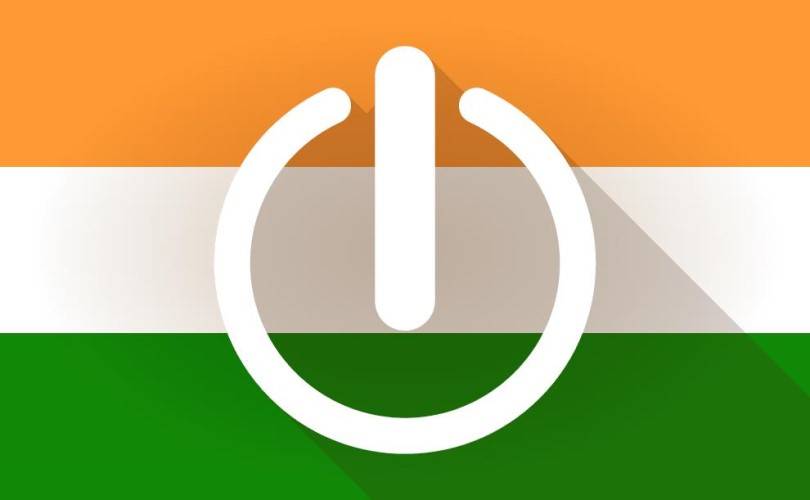Mozilla Says India's Planned Data Harvest Law Is 'blunt' And Should Be Caste Aside

Mozilla has strongly criticised India’s draft plan to allow companies to harvest non-personal data.
India's plan [PDF], proposed in July 2020 by a committee chaired by Infosys co-founder Kris Gopalakrishnan, recommended companies be allowed to use non-personal data generated in India for commercial purposes. The committee also suggested that the Indian government establish a new authority to monitor how such companies use the data.
But some of the “blunt strategies” the committee proposed will do more harm than good, Mozilla said in its comments on the report [PDF] .
“Ultimately, a maximalist focus on boosting domestic industry could hurt the very businesses it is meant to serve, while limiting competition, and diminishing the choices of user," the organisation wrote.
In particular, Mozilla said the report underestimated privacy concerns around the sharing of non-personal data. As an example, it cites that sales location data from e-commerce platforms can be used to “draw dangerous inferences and patterns regarding caste, religion, and sexuality.”
A maximalist focus on boosting domestic industry could hurt the very businesses it is meant to serve.
The browser-making organisation also warned that the laws would replace “the fundamental right to privacy with a notion of ownership akin to property, vested in the individual but easily divested by state and non-state actors, leaving individual autonomy in a precarious position.”
Overall, Mozilla warned enacting the proposed laws could “harm Indians, isolate companies from their global counterparts, and cause other countries to retaliate with similar ‘data nationalism’ measures that would be counterproductive to India’s interests.”
Instead, it recommended India instead focuses on instituting comprehensive data protection laws to match the standard set by the European Union. As an example, the organisation that India has “some of the weakest regulations around government surveillance in the world” and that these laws need to be reformed.
"Rather than viewing this as a zero-sum game, there is much for India to gain by leveraging the interconnectedness of the global digital economy while respecting the fact that privacy is a fundamental right guaranteed to all," Mozilla said. ®
From Chip War To Cloud War: The Next Frontier In Global Tech Competition
The global chip war, characterized by intense competition among nations and corporations for supremacy in semiconductor ... Read more
The High Stakes Of Tech Regulation: Security Risks And Market Dynamics
The influence of tech giants in the global economy continues to grow, raising crucial questions about how to balance sec... Read more
The Tyranny Of Instagram Interiors: Why It's Time To Break Free From Algorithm-Driven Aesthetics
Instagram has become a dominant force in shaping interior design trends, offering a seemingly endless stream of inspirat... Read more
The Data Crunch In AI: Strategies For Sustainability
Exploring solutions to the imminent exhaustion of internet data for AI training.As the artificial intelligence (AI) indu... Read more
Google Abandons Four-Year Effort To Remove Cookies From Chrome Browser
After four years of dedicated effort, Google has decided to abandon its plan to remove third-party cookies from its Chro... Read more
LinkedIn Embraces AI And Gamification To Drive User Engagement And Revenue
In an effort to tackle slowing revenue growth and enhance user engagement, LinkedIn is turning to artificial intelligenc... Read more

